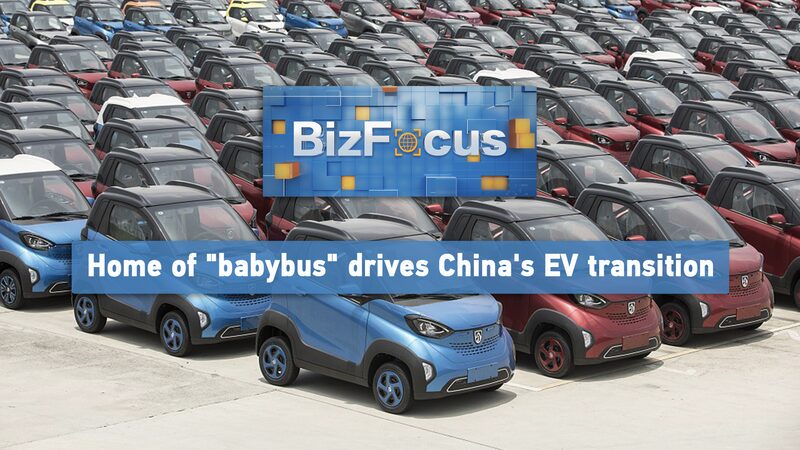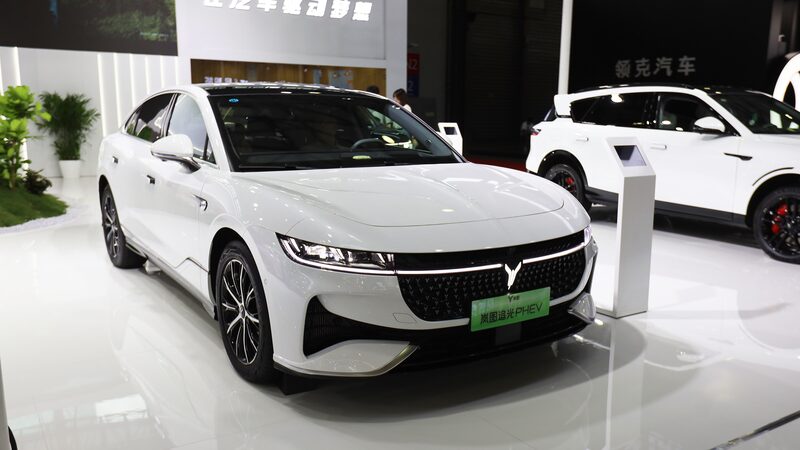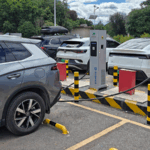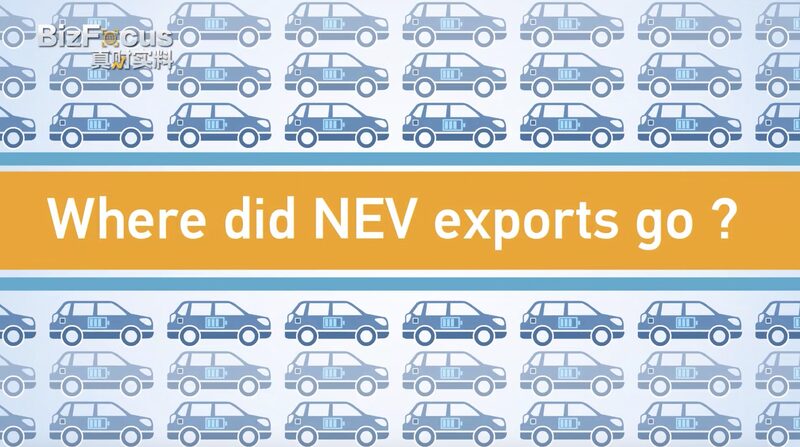Imagine a city where tiny electric cars zip through streets like toy vehicles come to life 🚙✨. Welcome to Liuzhou, the Chinese mainland’s unexpected capital of A00-type 'babybus' NEVs (New Energy Vehicles)! Nestled in Guangxi Zhuang Autonomous Region, this city has become a living lab for China’s electric vehicle transition, blending quirky charm with serious eco-innovation.
Why Liuzhou?
Dubbed the 'Detroit of Mini-EVs,' Liuzhou’s residents overwhelmingly choose pint-sized EVs for daily commutes. CGTN reporter Xu Yi discovered streets buzzing with these affordable, eco-friendly rides—many priced under $5,000 💸. But it’s not just about cute cars: Liuzhou’s NEV industry contributes 10% of China’s total mini-EV production, making it a blueprint for sustainable urban mobility.
The Secret Sauce
Local policies fuel the revolution 🔌. From dedicated EV parking spots to charging subsidies, Liuzhou has created a 'green ecosystem' that’s boosted EV adoption to 40% of all car sales. A resident told Xu Yi: 'It’s cheaper than taking the bus! Why wouldn’t we drive these?'
Bigger Than Babybuses
Liuzhou’s success reflects China’s broader NEV ambitions. The nation aims for 40% of new cars to be electric by 2030 🌱, with small cities proving crucial to hitting targets. As one expert noted: 'If every Liuzhou-sized city follows suit, the climate impact could be massive.'
From mini-EVs to mega-goals, this Guangxi gem shows how grassroots innovation can accelerate the green transition—one adorable 'babybus' at a time. 🚗🔋
Reference(s):
BizFocus Ep. 86: Home of "babybus" drives China's EV transition
cgtn.com







